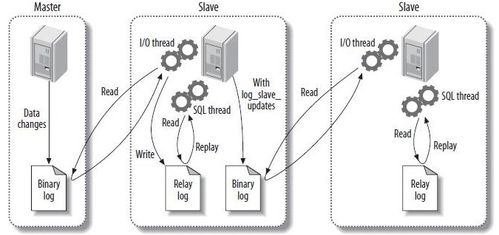Content:
Fishing is an enjoyable and relaxing activity that allows you to connect with nature and unwind. However, it can be quite frustrating when you run out of bait while fishing in a pond. In this article, we will discuss some pond fishing techniques and tips to help you overcome this common problem.

Prepare for emergencies
Before heading out to fish, it's essential to be prepared for emergencies. Make sure you have a variety of fishing gear, including extra hooks, sinkers, and swivels. This way, if you run out of bait, you can quickly replace the necessary components without disrupting your fishing experience.
Utilize artificial lures
If you run out of bait, you can switch to artificial lures to attract fish. Artificial lures, such as spinners, spoons, and jigs, mimic the movement of real baitfish and can be highly effective in catching fish. Make sure to choose the right color and size based on the type of fish you're targeting.
Fish near the edges
When you're out of bait, it's a good idea to fish near the edges of the pond. This is because fish often congregate near the edges in search of food. By focusing your efforts on these areas, you'll increase your chances of catching fish without relying on bait.
Use a bobber
A bobber can be a valuable tool when you're fishing without bait. By attaching a bobber to your line, you can detect subtle movements and strikes from fish. This technique is particularly useful when using artificial lures or when fishing in clear water, where it's harder to see the line and hook.
Employ a variety of techniques
When you're out of bait, it's important to be adaptable and try different techniques. Experiment with various retrieves, such as a slow, steady retrieve or a quick, erratic motion. Additionally, try changing the depth at which you're fishing to see if there are fish lurking in different layers of the water column.
Look for food sources
When fishing without bait, it's crucial to identify and target food sources. Look for areas where insects, frogs, or other natural bait are abundant. These areas are likely to attract fish, and you can try using artificial lures that mimic the movement and appearance of these natural baits.
Use a live bait substitute
If you have access to a nearby lake or river, you can try using live bait from these sources as a substitute for your pond bait. This can be a bit more challenging, as you'll need to catch the live bait, but it can be a viable option when you're out of pond bait.
Fish during low-light conditions
Fish are more active during low-light conditions, such as early morning or evening. When you're out of bait, it's a good idea to fish during these times when fish are more likely to be feeding. This can increase your chances of catching fish without relying on bait.
Be patient and persistent
When you're fishing without bait, it's important to be patient and persistent. Fish may be less likely to bite when you're using artificial lures or different techniques, but with persistence, you'll eventually find a method that works.
Learn from the experience
Lastly, use the experience of fishing without bait as an opportunity to learn and improve your skills. Analyze what worked and what didn't, and apply these lessons to future fishing trips. Over time, you'll become a more skilled and versatile angler.
In conclusion, running out of bait while fishing in a pond can be a challenging situation, but it's not an insurmountable obstacle. By employing these pond fishing techniques and tips, you can overcome this problem and still enjoy a successful fishing trip. Remember to be prepared, adaptable, and patient, and you'll be well on your way to catching fish without relying on bait.












